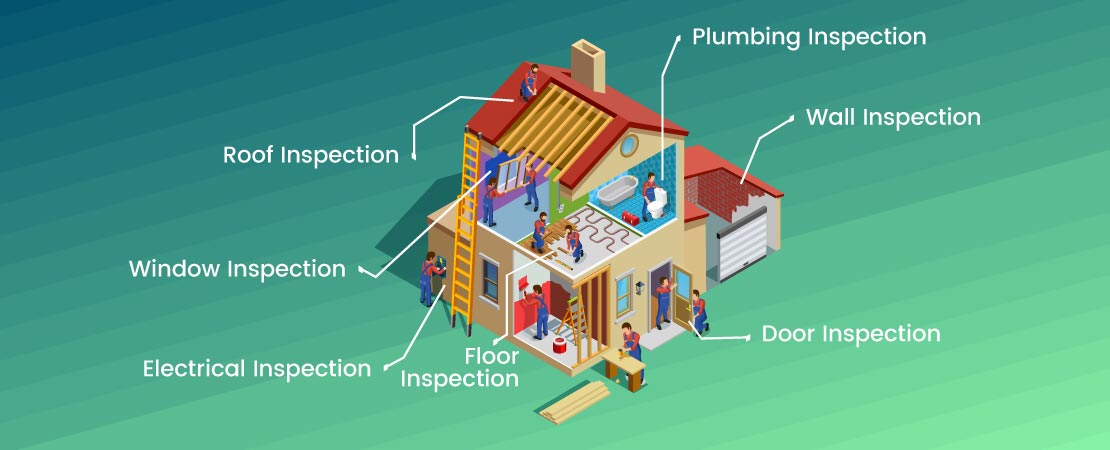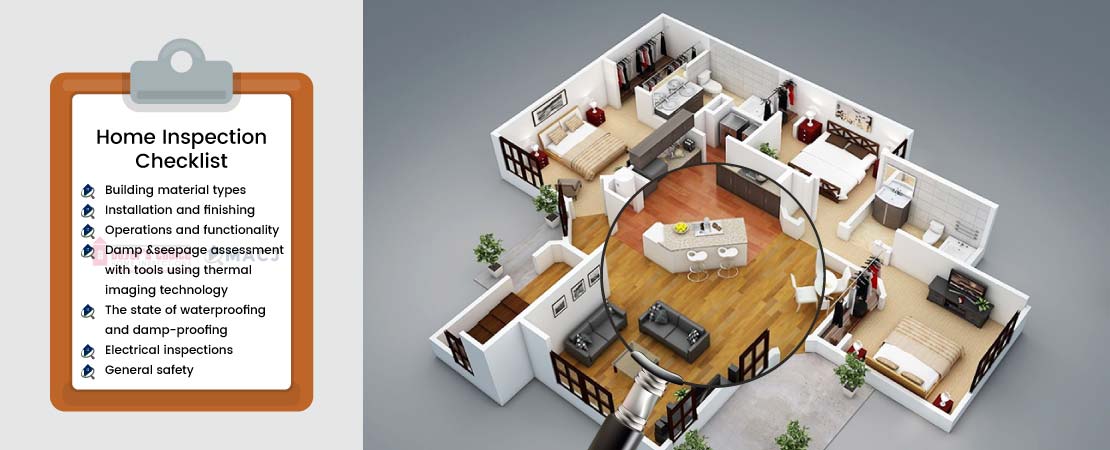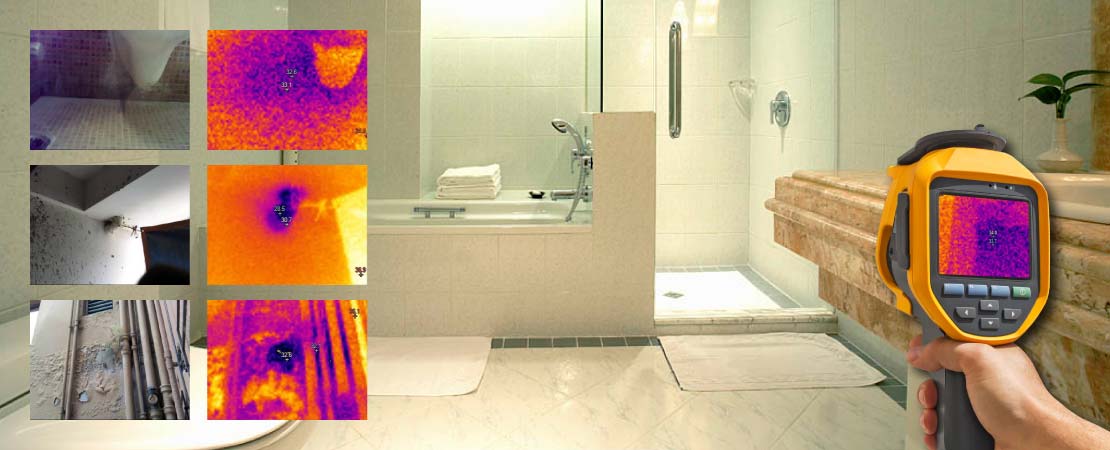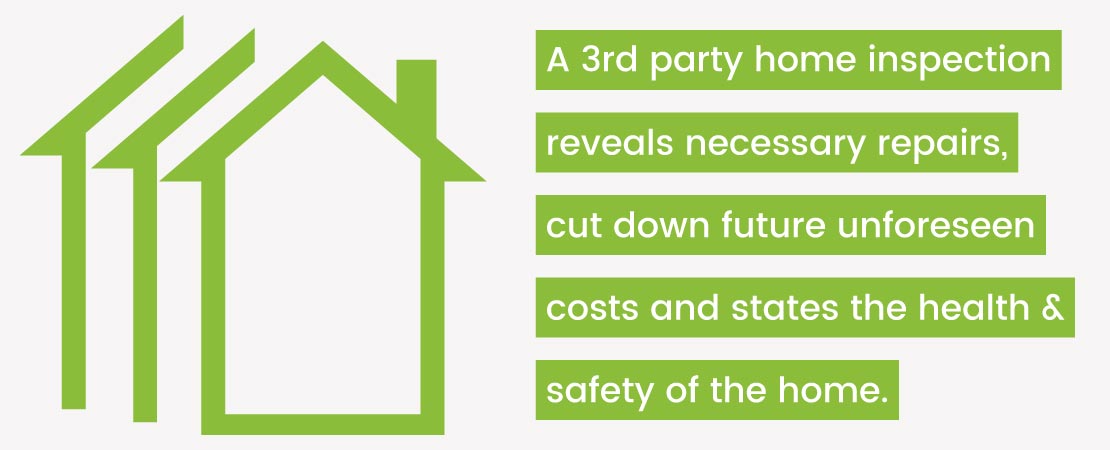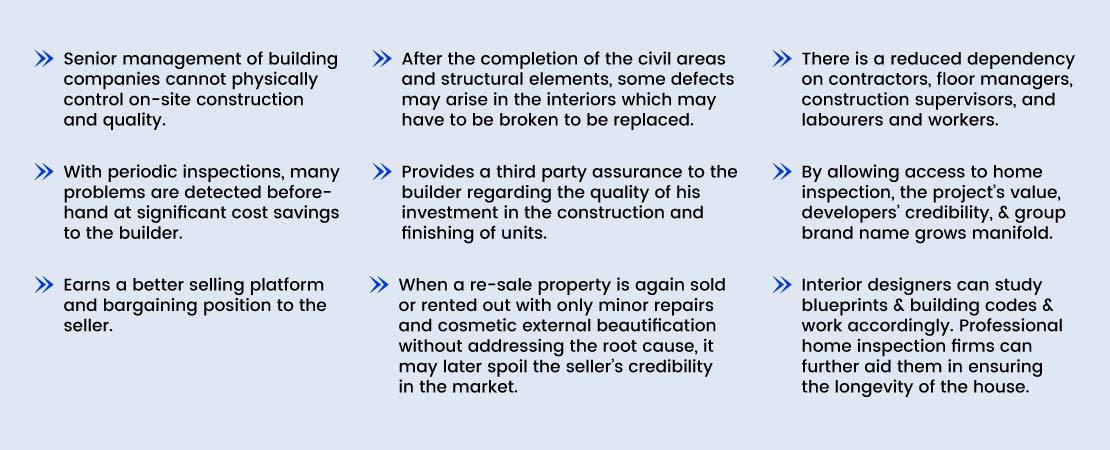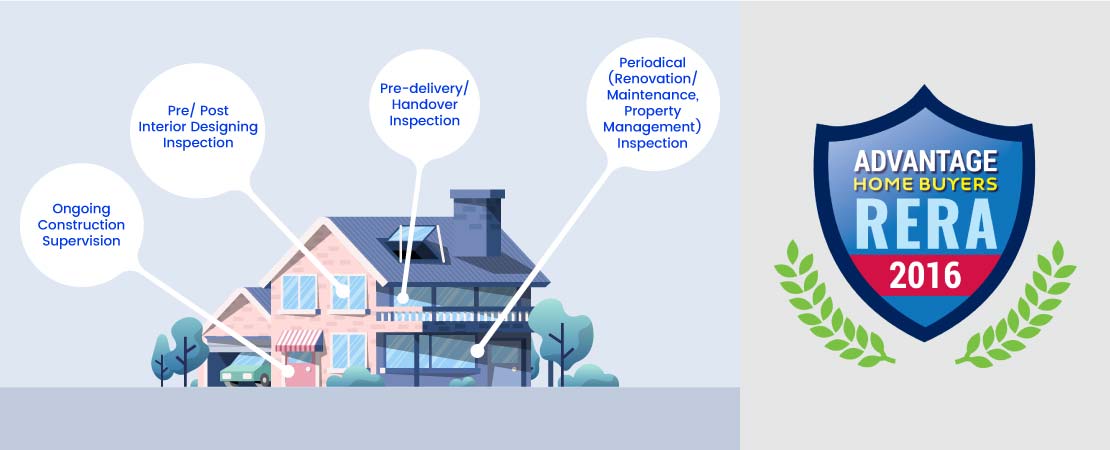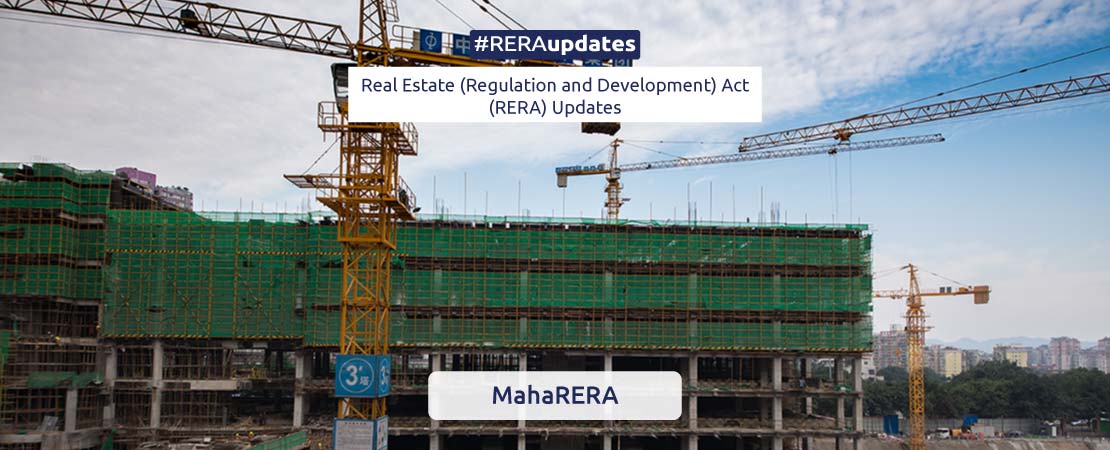Housing regulator rules in favour of home buyer seeking damages from developer in lieu of a project whose possession was delayed by two years.
Housing regulator Maharashtra Real Estate Regulatory Authority (MahaRERA) has ordered a developer to pay a home buyer interest for delaying the project.
While ruling in favour of the home buyer, the authority stated that it has jurisdiction over an ongoing project even after an Occupancy Certificate was issued to the developer, adding that it can adjudicate the dispute despite an arbitration clause in the agreement.
The ruling came on a complaint filed by Suresh Swamy, who had booked flat No. 301 in Tower T8 of Emerald Isle project in Powai where he was supposed to move in by September 2017. He was seeking interest on the amount he had paid till actual possession. MahaRERA ruled in Swamy’s favour directing developer L&T Ltd to pay simple interest at 10.75 per cent on a sum of Rs 4.69 crore from October 1, 2017, for delayed possession.
Advocate Manish Gala, appearing for L&T Ltd had argued that the authority had no jurisdiction in the matter due to three key factors. Firstly, they argued that the Occupancy Certificate for Tower T8 had been received on December 21, 2018, well ahead of the December 31, 2018 revised possession deadline given to MahaRERA and hence there was no delay. The developer said the project is complete and since it is not an ongoing real estate project, the Authority does not have jurisdiction to entertain the complaint.
Secondly, the developer contended that the agreement for sale was executed under Maharashtra Occupation of Flats Act (MOFA) and Section 18 of RERA cannot be applied retrospectively. Thirdly, the agreement for sale had an arbitration clause and hence the dispute should be referred to the Arbitrator under Section 7 of Arbitration and Conciliation Act, 1996.
Adv Anil Dsouza, appearing for the home buyer pointed out that the OC was a Part OC issued by the BMC and the developer was erroneously using the term.
Rejecting the argument that it no longer has jurisdiction after OC is received or possession is offered, MahaRERA member Bhalchandra Kapadnis cited several sections in RERA to support his point. He said Section 7 and 8 of RERA obligates the Authority to carry out remaining development work if the registration of the projects gets revoked. He said section 14 (3) of RERA provides that if any structural defect or quality defect is found within five years from the date of possession, the promoter is duty bound to rectify such defects without further charge within 30 days.
“Therefore, I hold that the jurisdiction of the Authority is not lost only because of the receipt of the occupancy Certification or on completion of the project or when the possession is offered,” he observed. He cited the HC judgment in Neelkamal Realtors case to rule that RERA provisions are applicable to agreements executed even before it came into operation on May 1, 2017.








